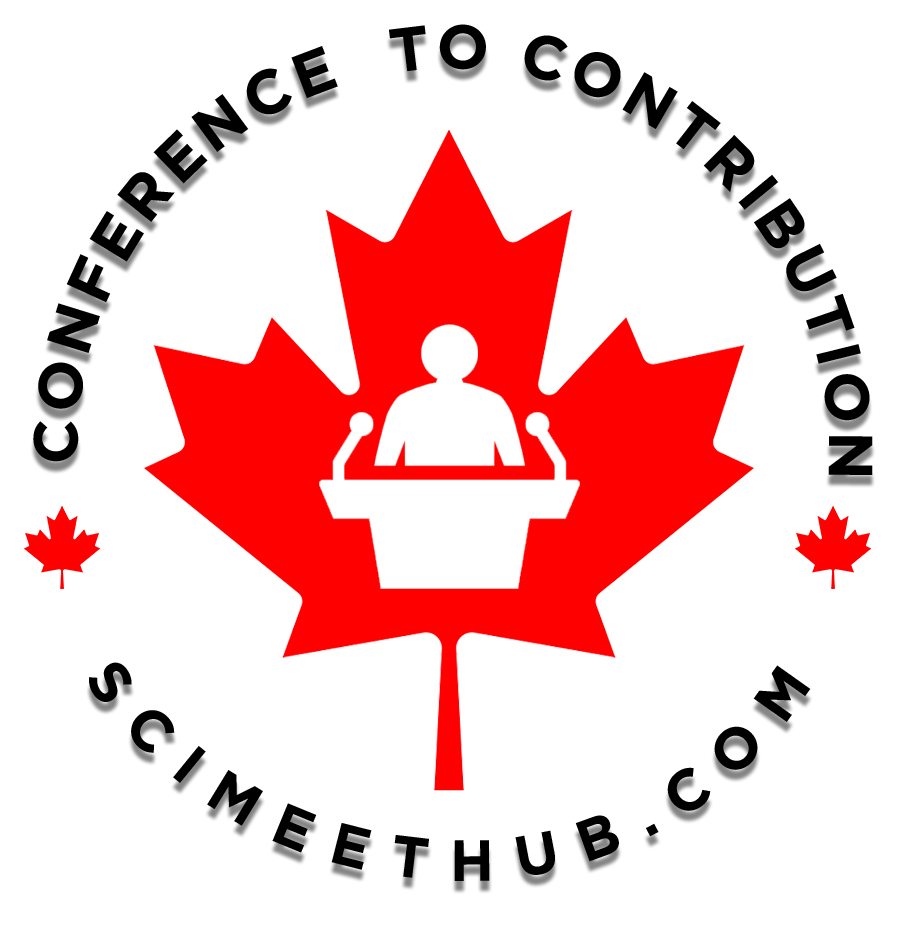Sessions/Tracks
With over 200 conferences a year the SciMeetHub Portfolio of events provides a direct route to global researchers

Track 1:
AI & Machine Learning in Cardiology
Explore how artificial intelligence is transforming cardiology, from early detection of cardiovascular disease to personalized treatment planning. This session highlights cutting-edge applications such as predictive modeling, automated imaging analysis, and decision-support systems, while addressing challenges in ethics, data security, and clinical integration.

Track 2:
Hypertension & Cardiovascular Risk in Young Adults
A growing concern in cardiology is the rising prevalence of hypertension among younger populations. This session examines risk factors, diagnostic strategies, and long-term implications, with emphasis on early prevention, lifestyle interventions, and targeted therapies to reduce the lifetime burden of cardiovascular disease.

Track 3:
Next-Gen Imaging & 3D Echocardiography
Advances in imaging technology are revolutionizing cardiovascular diagnostics. This session presents innovations in 3D echocardiography, cardiac MRI, and CT, enabling more precise structural and functional assessments. Case studies will demonstrate improved clinical outcomes and how imaging supports surgical and interventional planning.
Track 4:
Wearables & Remote Cardiac Monitoring
From smartwatches to implantable sensors, wearable technologies are changing the way patients and physicians manage heart health. This session highlights the latest evidence on remote monitoring, arrhythmia detection, and continuous blood pressure tracking, while addressing challenges in data accuracy, patient engagement, and clinical adoption.
Track 5:
Innovations in Heart Failure Management
Heart failure remains a leading cause of morbidity and mortality worldwide. This session explores novel pharmacological therapies, device-based treatments, and integrated care pathways. Experts will discuss breakthroughs in SGLT2 inhibitors, cardiac contractility modulation, and multidisciplinary management to improve patient survival and quality of life.
Track 6:
Lipoprotein(a): The Next Frontier in Cholesterol Research
Lipoprotein(a) has emerged as a critical, but underrecognized, cardiovascular risk factor. This session reviews its pathophysiology, genetic determinants, and the latest clinical trials evaluating novel Lp(a)-lowering therapies, providing insight into how targeting Lp(a) may reshape the prevention and treatment of atherosclerotic disease.
Track 7:
Cardio-Oncology: Managing Heart Health in Cancer Patients
With advances in cancer therapy, cardiovascular complications have become a pressing concern. This session focuses on the intersection of oncology and cardiology, addressing chemotherapy-induced cardiotoxicity, radiation-related heart disease, and best practices for monitoring, preventing, and treating cardiovascular risks in cancer survivors
Track 8:
Stem Cell & Regenerative Therapies for Heart Repair
Regenerative medicine offers promising avenues for repairing damaged cardiac tissue. This session examines the latest research on stem cells, gene editing, and tissue engineering, discussing clinical trial outcomes, translational challenges, and the potential for truly restorative cardiac therapies in the near future.
Track 9:
Minimally Invasive & Robotic Cardiac Surgery
The evolution of surgical technology has made cardiac interventions safer and less invasive. This session explores robotic-assisted surgeries, percutaneous valve replacements, and hybrid procedures, with a focus on clinical outcomes, patient recovery, and the integration of robotics into modern surgical practice.
Track 10:
Next-Generation Stents, Valves & Bioengineered Devices
Innovations in device design are reshaping interventional cardiology. This session highlights advancements in bioresorbable stents, transcatheter heart valves, and bioengineered cardiac devices. Discussions will cover long-term safety, durability, and the potential to reduce complications compared to traditional devices.
Track 11:
Telecardiology & Digital Health Platforms
The rise of digital health platforms has expanded access to cardiovascular care. This session explores telemedicine, AI-powered health apps, and virtual cardiac rehabilitation programs. Attendees will gain insights into improving patient engagement, remote diagnostics, and the integration of digital solutions into healthcare systems.
Track 12:
Cardiac Electrophysiology & Arrhythmia Innovations
Arrhythmia management is rapidly evolving with advances in mapping technologies, ablation strategies, and device therapy. This session focuses on innovations such as pulsed field ablation, leadless pacemakers, and AI-guided EP procedures that enhance safety and efficacy in arrhythmia care.
Track 13:
Precision Cardiology & Genomics
The future of cardiology lies in personalized medicine. This session examines how genomics, proteomics, and advanced biomarkers are guiding risk prediction, drug selection, and therapy optimization. Experts will present real-world applications of precision cardiology in hereditary heart diseases and pharmacogenomics.
Track 14:
Women’s Heart Health: Closing the Gender Gap
Cardiovascular disease remains the leading cause of death among women, yet diagnostic and therapeutic gaps persist. This session highlights sex-specific risk factors, underrecognized presentations of heart disease, and strategies to tailor prevention and treatment approaches for women’s cardiovascular health.
Track 15:
Pediatric & Congenital Heart Disease Innovations
This session addresses the latest advances in the management of congenital and pediatric heart diseases. Topics include fetal interventions, minimally invasive surgical techniques, pediatric heart transplantation, and innovative care models that support long-term outcomes for children and adolescents with cardiac conditions.
Track 16:
Heart-Brain Connection: Cardiovascular Risk & Neurological Health
Emerging research highlights the strong interplay between cardiovascular and neurological health. This session explores how hypertension, atrial fibrillation, and atherosclerosis contribute to stroke, dementia, and cognitive decline, with an emphasis on preventive strategies and multidisciplinary care approaches.
Track 17:
Preventive Cardiology & Lifestyle Interventions
Lifestyle modification remains a cornerstone of cardiovascular disease prevention. This session focuses on evidence-based strategies including nutrition, exercise, stress management, and smoking cessation, while also addressing community-based interventions and policy measures that support population-wide heart health.
Track 18:
Climate Change, Pollution & Cardiovascular Risk
Environmental factors are increasingly recognized as key contributors to cardiovascular disease. This session examines the effects of air pollution, heatwaves, and climate change on heart health, highlighting public health strategies and policy initiatives to mitigate these emerging global risks.
Track 19:
Big Data & Real-World Evidence in Cardiology
The era of big data is providing unprecedented insights into cardiovascular disease management. This session discusses real-world evidence, registry data, and machine learning approaches for drug safety monitoring, outcomes research, and healthcare optimization, bridging the gap between clinical trials and practice.
Track 20:
Future Horizons: Robotics, AI & Next-Gen Cardiology Research
This forward-looking session explores the convergence of robotics, artificial intelligence, and disruptive technologies in shaping the future of cardiology. Discussions will highlight futuristic applications such as autonomous surgical systems, AI-driven diagnostics, and next-generation therapies that may transform cardiovascular medicine in the coming decades.


